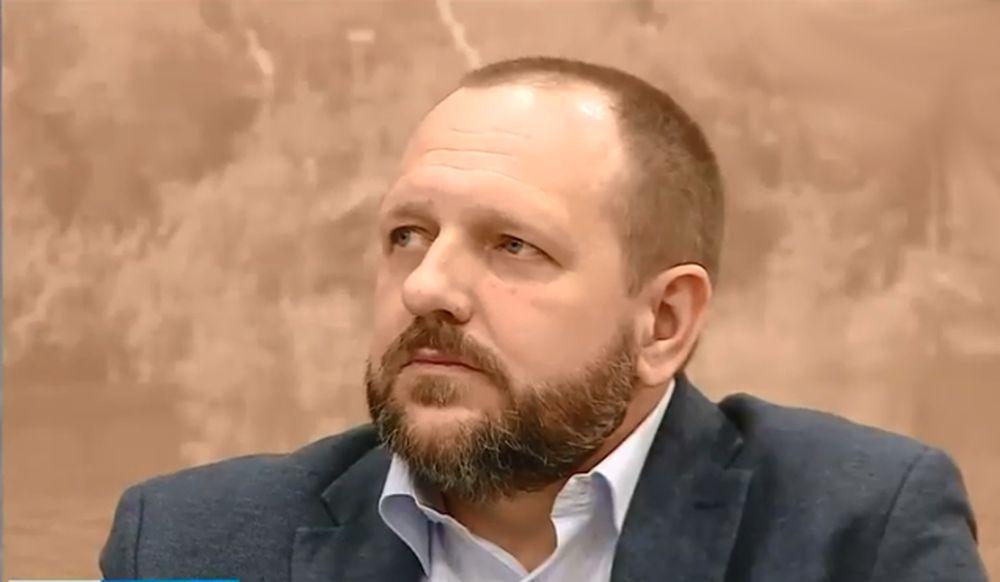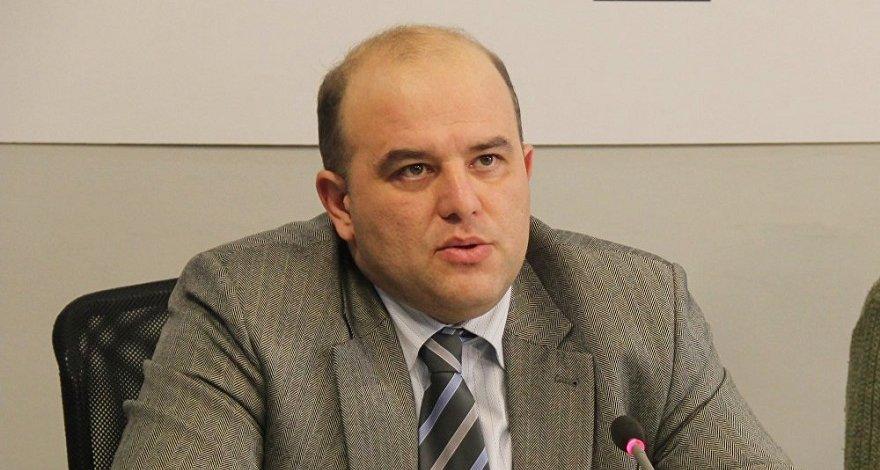Pashinyan, his Parisian boss have no interest in peace with Azerbaijan Expert opinions
Recently, Paris Mayor Anne Hidalgo and several other French politicians signed an open letter to Emmanuel Macron calling for the deployment of a peacekeeping contingent to Armenia "to protect against Azerbaijan," according to Le Point.
Earlier, several Russian sources reported that the Armenian Defence Ministry had appealed to the French government through the French embassy in Yerevan with an official proposal to station a limited contingent of troops in Armenia for "experience transfer and technical maintenance" of weapons supplied by the French Republic.
Is such a plan with a "contingent to protect against Azerbaijan" feasible? And what could the presence of French troops in Armenia lead to, considering that there are already many Russian military personnel there? Could this bring additional tension to the already unstable South Caucasus region?
Foreign political commentators answered these questions for Caliber.Az.

Russian pundit and founder of the expert-analytical network PolitRUS, Vitaly Arkov, believes that the statements by politicians in Paris and Yerevan about the need to introduce a French military contingent in Armenia are provocative.
"And while the ambitions of the former are logical given the nostalgia for their colonial past and the disgraceful retreat from former colonies in Africa, the words and actions of the latter clearly constitute a crime under the article of 'high treason,' as these individuals are voluntarily turning Armenia into a neo-colony of France by using their official positions.
The pretext for the introduction of French interventionists is fabricated. Azerbaijan does not encroach on the state sovereignty and territorial integrity of Armenia; the process of border demarcation and delimitation, as stipulated in the Trilateral Statement of the fall of 2020, is ongoing. And we have recently observed how several Azerbaijani villages were returned to Baku's control in a civilized manner, with Azerbaijani and Armenian border guards beginning to protect the established state border," the expert said.
However, the current authorities of Armenia and their French bosses, who have taken it upon themselves to "supervise" Armenia in the interests of the so-called "collective West," are not interested in continuing the peaceful resolution of the longstanding conflict with Azerbaijan, he continued.
"Therefore, on the one hand, Armenian Prime Minister Nikol Pashinyan continues to prattle about striving to sign a peace treaty, while on the other hand, the Armed Forces of Armenia are increasing the intensity of shelling in the Nakhchivan Autonomous Republic with the aim of provoking the Armed Forces of Azerbaijan to launch a special operation to enforce peace and then cry out to the whole world about 'Baku's military aggression.'
Armenian Defense Minister Suren Papikyan is signing contracts for the supply of long-range Caesar self-propelled howitzers and other offensive weapons from France. Meanwhile, Paris Mayor Anne Hidalgo and members of the National Assembly (parliament) of Armenia are calling on French President Emmanuel Macron to send troops to the South Caucasus 'to save Armenia from Azerbaijani aggression.'
Against the backdrop of these statements, the question of consistency between Yerevan and the CSTO [Collective Security Treaty Organization] has arisen - despite all the attacks on the organization and a number of its members, Armenia is still a member. Here we can assume several options for the development of events.
For instance, the Armenian authorities publicly appeal to the CSTO for protection from the ‘aggressor’ and receive a logical response: there is no aggression whatsoever, and no reaction from the CSTO collective forces is required. Subsequently, the same Pashinyan throws another tantrum, initiates the procedure for Armenia's withdrawal from the CSTO, and sends Moscow a notification about the termination of the agreement between the Russian Federation and the Republic of Armenia on the Russian military base on the territory of the Republic of Armenia. The agreement was concluded in 1995 and renewed in 2010 – according to Protocol No. 5, the term for the presence of the 102nd Russian base was extended until 2044, and its functions were expanded.
However, it is unlikely that Nikol Pashinyan will actually take such suicidal steps. It seems more probable that Pashinyan and his associates will continue their multi-vector foreign policy (as it is distortedly understood in Yerevan), where Washington, Paris, and Brussels are reassured of an unwavering pro-Western course; under their influence, Armenia loudly ‘barks at Russia but avoids personal attacks on Vladimir Putin (even Pashinyan realizes the peril of crossing those red lines); the public fuss continues with either withdrawal or suspension of membership in the CSTO, but without any action in practice; at the same time, activity in economic projects within the EAEU [Eurasian Economic Union] and CIS [Commonwealth of Independent States] is increasing - because here the ruling elite of Armenia personally earns real and colossal money (instead of empty financial promises of the EU and the U.S.), and therefore immediately refutes any rumours of withdrawal from them," concludes Arkov.

According to Doctor of Military and Political Sciences, Professor Vakhtang Maisaya (Tbilisi), the proposal by French politicians clearly contradicts the evident picture of what is happening in the region, as Armenia and Azerbaijan are currently making efforts to improve relations without the involvement of external actors.
"This process is difficult and not without problems, but it still has the potential to reach a logical conclusion. No one should interfere with this. The horizon already shows the point after which a dialogue leading to regional stability may begin. This is very important. Our region, the South Caucasus, is now trying to enter a phase of de-escalation, and it is the task of all parties to ensure they do not hinder this," says the expert.
He reminded that there is a large Armenian diaspora in France, which always strives to effectively use its lobbying capabilities.
"And the fact that Armenia is already starting to purchase weapons from France despite the presence of Russia on its territory indicates that not only in this country but also in the entire region, we may witness a clash of interests between Moscow and Paris. Traces of this are already visible in Georgia. We are already seeing the unfolding of a sort of new Cold War in our region.
I believe that the current leadership of Armenia wants to master the art of balancing on the foreign policy arena. It is trying to find a pretext to leave the CSTO. We can recall their demand for Russian border guards to leave the territories near the Armenian-Azerbaijani borders. Most likely, Yerevan will go even further.
If such an escalation occurs, it will open the way for another conflict to arise in our region. In this case, Russia might take advantage of the situation and start a small victorious war. Who will become its victim – Armenia or Georgia? That is the question.
But I dare to hope that the Armenian and Azerbaijani leaders will continue moving towards a peace agreement, and no one will be able to significantly hinder them. This is the most important point," said Maisaya.








